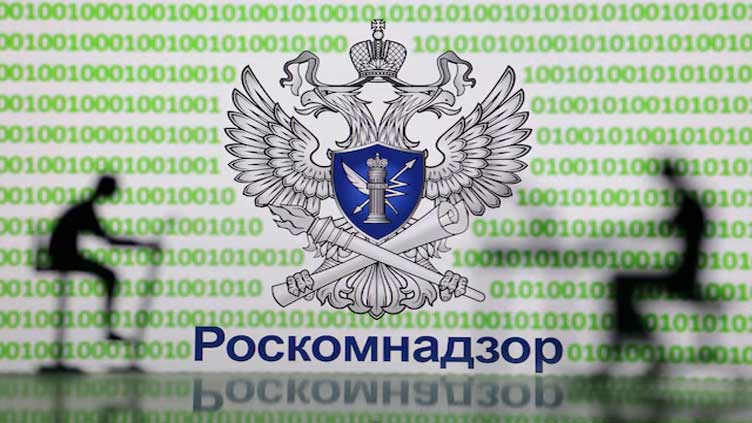Russia to spend over half a billion dollars to bolster internet censorship system

Technology
Russia to spend over half a billion dollars to bolster internet censorship system
(Reuters) - Russia's digital development ministry plans to allocate nearly 60 billion roubles ($660 million) over the next five years to improve the system used to censor web traffic, a government proposal seen by Reuters shows.
The system, called TSPU, consists of homegrown traffic management tools that are developed, distributed and controlled by state communications regulator Roskomnadzor, according to researchers at Censored Planet, a project tracking global online censorship.
The document, entitled "Cybersecurity Infrastructure", was first reported by Forbes Russia.
It allocates roughly $660 million from Russia's federal budget between 2025 and 2030 to purchase new equipment and software for TSPU, as well as to "expand its capabilities by developing new signatures and updating existing ones".
The proposal to modernise TSPU, short for Technical Measures to Combat Threats, is part of a years-long effort by Roskomnadzor to exert control over what Russians read and see online.
Roskomnadzor did not immediately reply to a request for comment.
The initiative's scope indicates that Moscow is giving greater priority to upgrading its internet censorship architecture amid a crackdown on free expression spurred by Russia's invasion of Ukraine in 2022.
As part of this crackdown, Moscow is targeting virtual private networks, or VPNs, which are used by tens of millions of Russians to circumvent government blocks on web pages.
Stanislav Shakirov of digital rights group Roskomsvoboda said existing online censorship efforts are already "quite effective" in blocking VPNs, but that the increased funding would likely bolster TSPU's capabilities to do so.
"This doesn't mean that there won't be ways to get around these blockings, but of course, it makes it more difficult", he told Reuters.
COUNTERING 'THREATS'
Little is known about how TSPU works.
A combination of hardware and software, the system was formalised under a 2019 law requiring Russian internet service providers to install government-supplied equipment in its communication networks to ensure the "stability, security and integrity" of the internet.
Censored Planet research points to over 6,000 such devices installed across Russian networks as of late 2022. Roskomnadzor head Andrei Lipov told the Interfax news agency last year that "all" of Russia's networks were equipped with TSPU, without citing figures.
The $660 million of federal money earmarked for TSPU is significant. Roskomnadzor's entire 2023 budget, by contrast, was 32.15 billion roubles ($354 million).
The TSPU proposal is part of a larger government project on digital transformation and the data economy announced by Deputy Prime Minister Dmitry Grigorenko at an economic forum in Russia's Far East last week.
TARGETING VPNS
Russia has been putting opposition media websites on blacklists and has banned several foreign social media platforms in a crackdown it casts as part of an information war unleashed by the West over the Ukraine war.
VPNs, which allow Russians to access independent media, are a key focus. While Moscow has stopped short of banning them outright, it has blocked hundreds of them and passed a law forbidding their advertising, giving rise to a cottage industry of freelance programmers working to strengthen VPNs against government restrictions.
The document said the modernisation efforts aimed to improve TSPU's bandwidth speeds and "increase the level of efficiency of restricting access to VPN blocking circumvention tools up to 96%".
Russia has said previously that it targets VPNs used to access "blocked or illegal content".
Mazay Banzaev, operator of the popular free VPN service Amnezia VPN, said programmers who build such tools are unlikely to be deterred by a strengthened TSPU infrastructure.
"In this game of cat and mouse - blocking and circumventing blocking - funding is very important, but the motivation of developers and users to get access to a free internet is even more important," Banzaev told Reuters.


